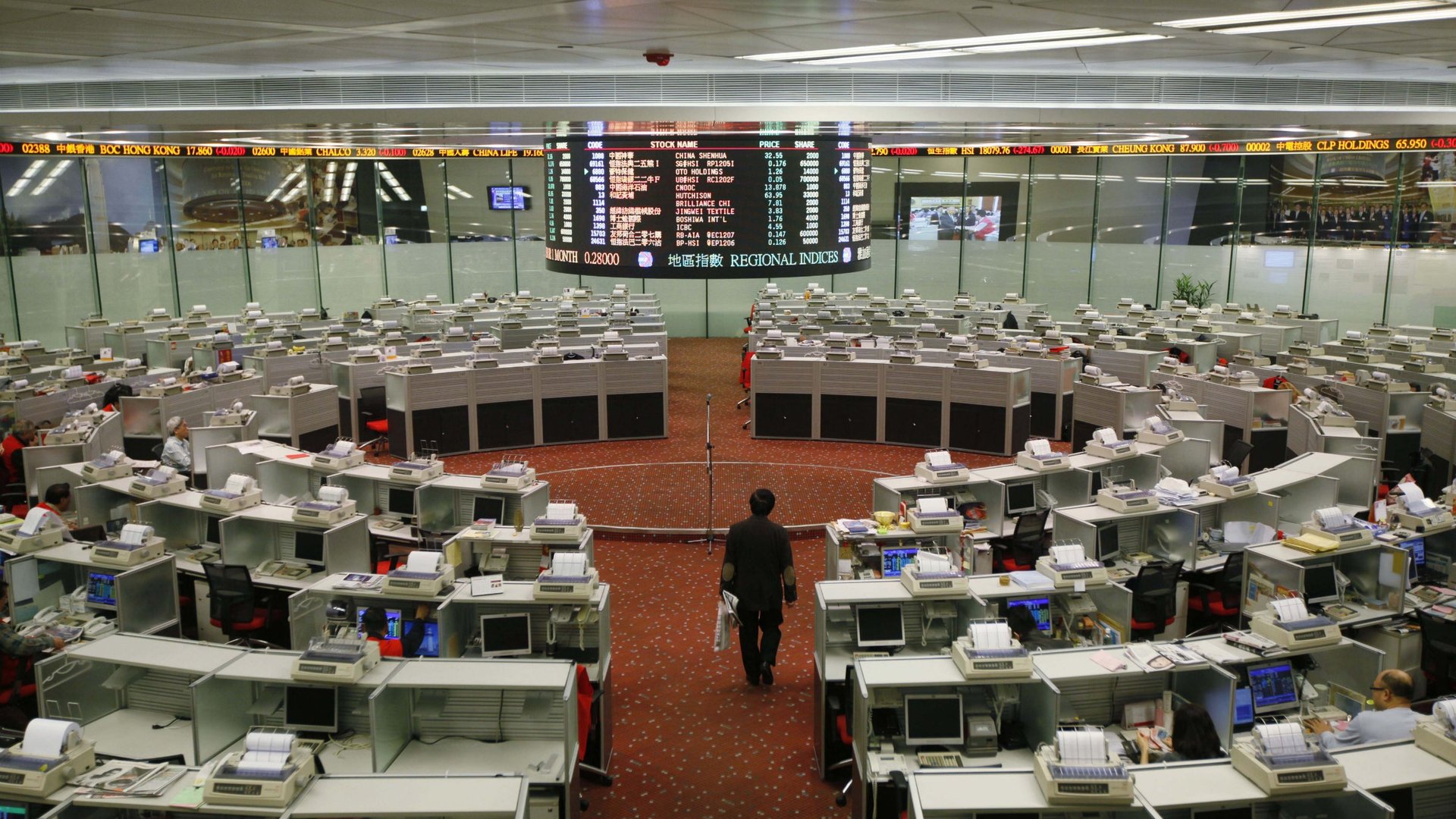MIT’s $1 million test to see if social media can make investors money
MIT researchers are giving 10,000 Asian students $100 each to invest in the stock market, hoping to prove a theory that, under the right circumstances, social networks can improve financial decisions.


MIT researchers are giving 10,000 Asian students $100 each to invest in the stock market, hoping to prove a theory that, under the right circumstances, social networks can improve financial decisions.
The concept, which has support in a previous test, is counterintuitive: Most principles of investing argue that you can only profit from information that’s not known to others. But the researchers, Yaniv Altshuler and Alex Pentland, think that traders can benefit from making investment decisions as a group, if they know whose advice to follow.
The test later this year will use eToro, a social network for investors, with the money traded on FOREX, the foreign market exchange. “This study will show that by wisely using a network as a medium for exchanging information, you can generate a non-zero sum game,” Altshuler said in an interview. “This creates a synergy where all of the participants are winning together. That’s the goal.”
It may sound naïve, but a previous field test with 6,000 eToro users trading $20 each gave Altshuler and Pentland confidence in the theory. People who were told to follow the trading behavior of better-performing investors profited 6% more than a control group, which copied trades made by ordinary eToro users.
“The interesting thing about eToro is that they give you this Twitter-like service, where you can follow other users with your money,” said Altshuler. You can assign a portion of your portfolio to various users, copying their every trading move, as you might buy a mutual fund. Because it’s a social network, trading information propagates quickly between users.
Previous studies, including one from Rice University, have argued that these types of social networks are actually harmful to investors. But Altshuler argues that trading on eToro can yield positive results if users know whom to follow and whom to tune out—sort of like picking a financial advisor, except the advisers are a group of strangers.